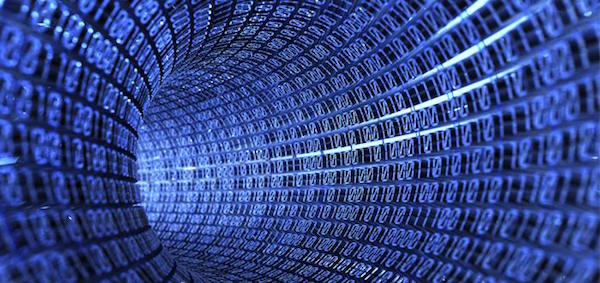Data Acquisition

Working Group Conveners
Giordano Cerizza (FRIB), Daniel Bazin (FRIB), Chris Campbell (LBNL), Mario Cromaz (LBNL), Kris Hagel (TAMU), Wojtek Skulski (University of Rochester)
Overview
The FRIB Data Acquisition Working Group (https://www.phy.ornl.gov/fribdaq) was established when all the detector working groups were established, to examine the issues of data acquisition in at FRIB and to envision what modern data acquisition would be like in the age of FRIB experiments, starting in the year 2020 and after. With the beginning of the FRIB scientific experimental program new solutions for data acquistion and data analysis have been developed and deployed to smoothen the interface beween FRIB users and the facility. The scope of our activities covers:
- Data acquisition - readout, run control, time synchronization
- Data movement - buffer transfer, event building, buffer/event storage in files, serving files to experimenters
- Data analysis - online and offline, data display
Questions about FRIB Data Acquisition
The data acquisition collaboration is working to define a program of research and development that can support the detector development collaborations in their work. It would help our work to begin defining what services your collaborations need or desire from an FRIB data acquisition system during the development of your detectors and after operations start.
- What are your plans for data acquisition during development and after deployment at FRIB?
- Will you use an FRIB-developed and supported data acquisition system, if available?
- Will you use an existing data acquisition system? If so, which one?
- Do you plan to develop your own?
- Why do you choose this option?
- If your device is not using an FRIB data acquisition system, will it interface with other devices?
- Will your device build events using information from other devices, or will it provide information to other FRIB detectors for them to build events?
- Will your collaboration provide data acquisition support to all users of the device?
- Will your device be controlled by the FRIB controls system or by some other control system?
- Do you need support from FRIB in developing data acquisition for any or all of:
- readout of devices,
- management of data buffers and event building, or
- data analysis?
- What novel readout technologies will your device use that are either uncommon or not found in existing data acquisition systems?
- How do you anticipate that the data acquisition system will limit the operation of your device?
Please send your responses to Giordano Cerizza. We will incorporate the responses in our discussions.